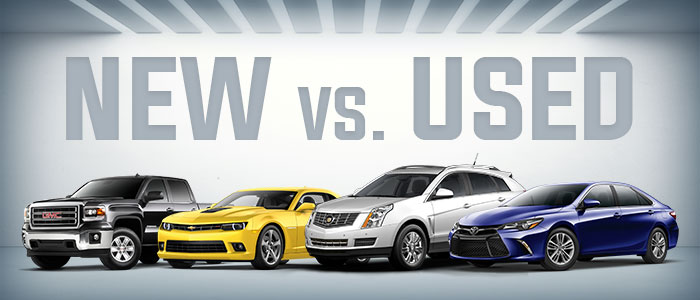The rise of electrical lorries (EVs) marks one of one of the most considerable shifts in vehicle history. As more customers, automakers, and governments accept EV innovation, the sector is undertaking a transformation that impacts whatever from lorry design to power intake and framework. In this blog site, we'll check out exactly how EVs are transforming the automotive landscape and shaping the future of mobility.
- The Decline of Internal Combustion Engines. For over a century, gasoline-powered lorries have actually dominated the roadways, however EVs are testing their superiority. With boosting ecological worries and stricter exhausts policies, governments worldwide are pressing automakers to phase out inner burning engines (ICEs) Nations like the UK, Germany, and China have revealed restrictions on brand-new fuel and diesel car sales within the following years, forcing the sector to accelerate EV growth.
Car manufacturers are responding by spending billions right into electrification. Firms like Toyota, Tesla, GM, and Ford are expanding their EV profiles, with Toyota mixing hybrid proficiency into totally electrical models like the bZ4X. This shift signals a brand-new age where gasoline-powered autos might quickly lapse.
- Developments in Battery and Charging Technology. One of the greatest barriers to extensive EV fostering has actually been array anxiousness-- worries regarding exactly how far an EV can travel on a solitary fee. Developments in battery modern technology are solving this problem.
Longer Battery Life: Modern lithium-ion batteries are a lot more effective, and next-generation solid-state batteries assure even higher variety and faster billing times. Toyota and other car manufacturers are greatly spending in this development innovation. Ultra-Fast Charging: Billing infrastructure is swiftly boosting, with quick battery chargers efficient in renewing 80% of an EV's battery in under half an hour. Networks like Tesla Superchargers, Electrify America, and ChargePoint are increasing, making EV ownership easier. Wireless and Solar Charging: Future technologies might include cordless billing pads and solar-powered automobiles, additionally eliminating the need for regular plug-in quits. With these advancements, EVs are ending up being a lot more sensible for day-to-day drivers, road-trippers, and also industrial fleets.
- The Effect On Automobile Repair and Dealers. The change to electric vehicles is transforming just how autos are sold and serviced. Unlike traditional automobiles, EVs have fewer moving parts, implying reduced upkeep prices for customers but new obstacles for automobile repair work businesses.
Lowered Demand for Oil Modifications & Engine Repairs: Since EVs don't have standard engines or transmissions, they remove usual upkeep demands like oil changes and timing belt substitutes. New Training for Technicians: Mechanics are now required to undergo specialized training to service high-voltage battery systems and electric drivetrains. Advancement of Dealers: Lots of car dealerships are overhauling their sales techniques and supplying incentives to press EV adoption, while also mounting billing terminals at their locations. This change suggests that fixing shops and dealerships need to adjust to stay competitive in a significantly electric market.
- EVs and the Future of Wheelchair. Beyond private automobile possession, EVs are improving transport on a more comprehensive scale. Ride-sharing firms, public transportation, and even delivery services are shifting toward electric fleets. Companies like Uber and Lyft are establishing sustainability objectives that call for vehicle drivers to transition to EVs, while significant shipment firms such as Amazon and FedEx are purchasing electrical vans to reduce discharges.
In Addition, EVs are at the center of self-governing car development. With smooth assimilation of AI-powered self-driving innovation, the future of flexibility might see completely self-governing, electric fleets replacing standard autos in urban locations.
- Are EVs the Future? There's no question that electric vehicles are here to stay. With reduced operating expense, ecological benefits, and rapid improvements in modern technology, EVs are ending up being the preferred selection for numerous consumers. While obstacles stay, such as battery recycling and the need for a much more extensive charging network, the market is approaching a future where EVs control the roads.

As car manufacturers like Toyota continue innovating, car dealerships adapt, and governments press for cleaner transportation, the EV revolution will only increase. Whether you're an automobile lover, an entrepreneur in the automotive field, or a consumer wanting to switch, currently is the moment to accept the future of electric flexibility.
Navigation
Latest Posts
New & Used Cars in the Heart of the City
Is the New Cadillac LYRIQ the Future of Electric Luxury?
The Land Rover Protector: A Symbol of Sturdiness and Design
